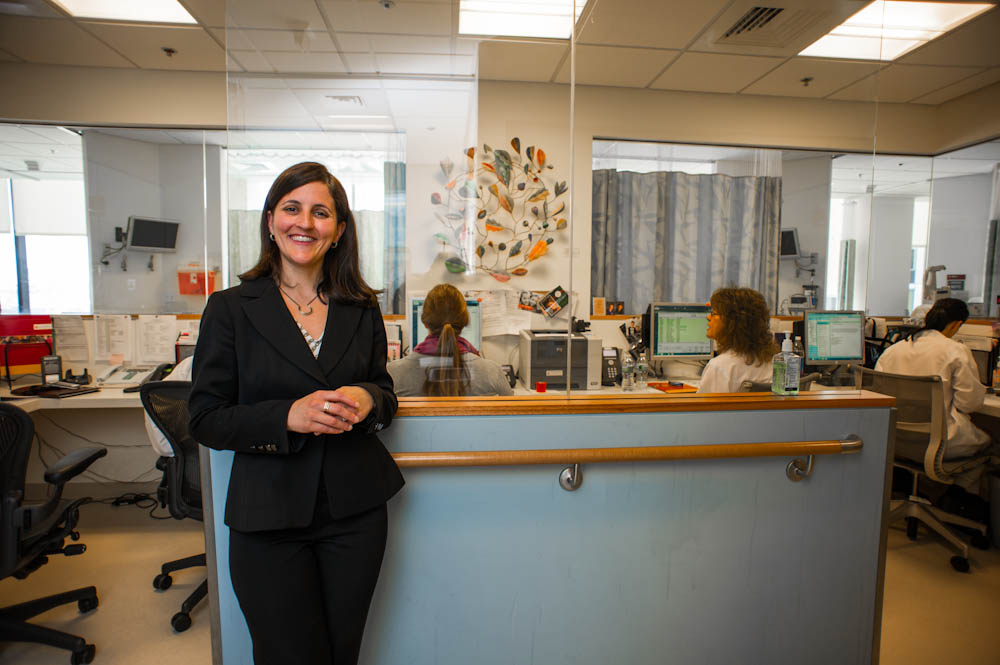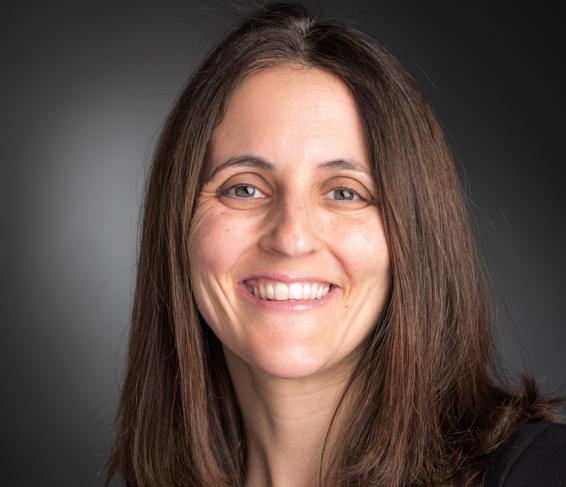American women have a 12 percent lifetime risk of being diagnosed with breast cancer, the second most common cancer in women, according to the American Cancer Society. While young women do get breast cancer, the disease is much more common in women aged 60 and older.

Rachel Freedman, MD, MPH, a medical oncologist at the Susan F. Smith Center for Women’s Cancers at Dana-Farber and medical director of the Program for Older Adults with Breast Cancer (OABC), explains what older women should know about breast cancer:
There are many factors that can impact breast cancer risk.
The reasons people develop breast cancer are often not known, with a small proportion of diagnoses occurring in people with a hereditary predisposition of breast cancer. In general, the risk of breast cancer increases with age and estrogen exposure, including the age at which a woman starts having menstrual cycles, whether and when she becomes pregnant, and when she enters menopause.
Mammograms may not always be beneficial.
Women who are not at an elevated risk of breast cancer (i.e., do not have a family history or certain genetic mutations) should receive mammograms annually or every two years starting at age 40 or 50, depending on one’s risk and preferences. However, the age that is is safe to stop mammograms is less clear. Older women with serious medical issues should discuss the benefits and risks of mammography with their care providers, as it may make sense to stop mammography at some point and monitor risk through physical exams. Patients should develop a personalized plan for screening and surveillance with their doctors based on their current health and medical history.
Treatment options may change with age.
While younger patients more often require a combination of chemotherapy, surgery, and radiation to treat breast cancer, older women are less likely to require chemotherapy and radiation to treat their disease because of the more favorable types of cancers they tend to develop.
For example, studies have shown that women aged 70 or older with small, estrogen-sensitive tumors may not require radiation following a lumpectomy and can do well without this treatment. Women with these types of tumors often do not require chemotherapy either.
In some cases, older women may be recommended for chemotherapy, which can cause more significant physical side effects than in younger women. The impact of potential side effects on a woman’s daily life should be taken into account when weighing the risks and benefits of any treatment plan.
Most older women with breast cancer don’t die from it.
There are more deaths from breast cancer in older women simply because most diagnoses occur in older women, but most of these women will die from a cause other than their breast cancer. Breast cancer survival rates, for women of any age, depend on the cancer’s stage and subtype.
Any woman, regardless of age, who has a family history of cancer, particularly breast and ovarian, should bring it to the attention of her physician, who can evaluate potential breast cancer risk, the need for genetic testing, and the proper screening plan to follow.
Read more:
About the Medical Reviewer

Dr. Rachel Freedman is a medical oncologist and clinical researcher at DFCI in the Breast Oncology Program. In addition to seeing patients with breast cancer, her research focuses on improving the care of vulnerable patient populations who are under-represented in clinical trials and who are at risk for worse breast cancer outcomes, including older women and those who face challenges in access to care. In addition, she is interested in novel therapeutics, serving as the Principal Investigator for several clinical trials. She is also the founder and Director of the Program for Older Adults with Breast Cancer at DFCI. Dr. Freedman joined the faculty at DFCI in 2009. She studied at Georgetown University School of Medicine and obtained her master's in public health at the Harvard University T.H. Chan School of Public Health. Her research has been funded by Susan G Komen, ACS, NCI, Gateway for Cancer Research, METAvivor, and the Alliance for Clinical Trials Foundation.
